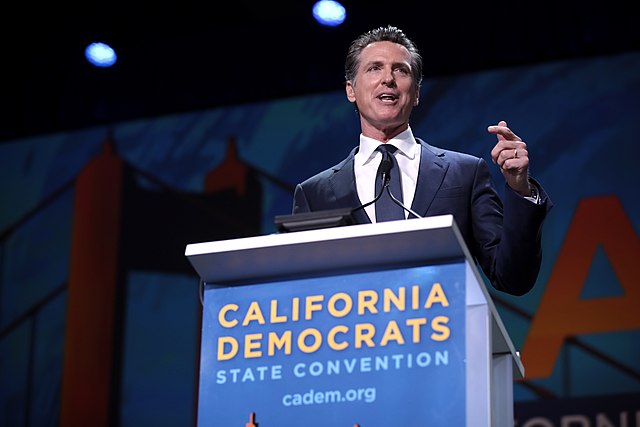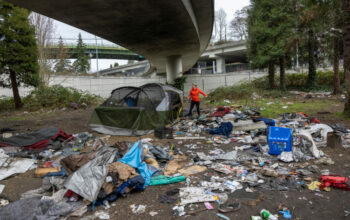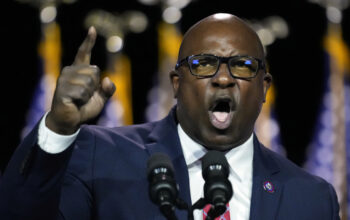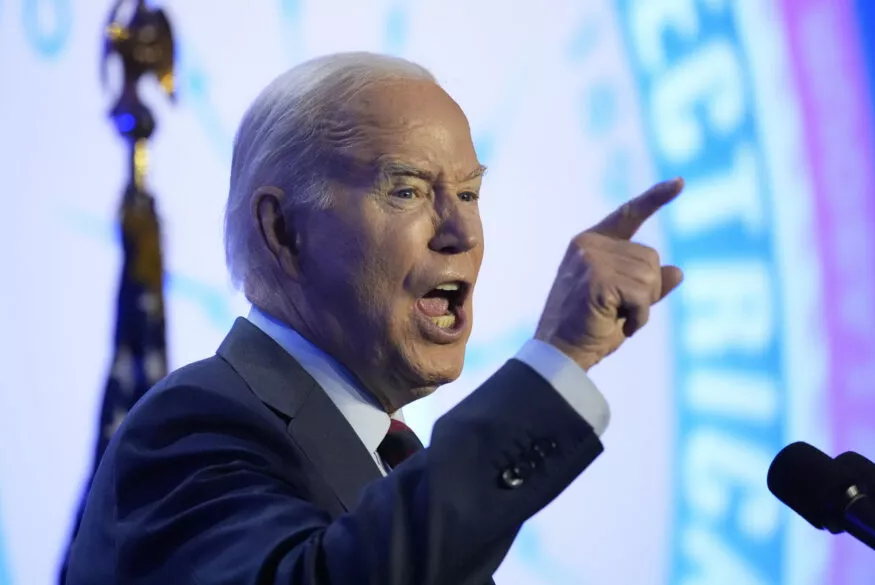California’s updated budget shortfall is now believed to be $73 billion—$15 billion higher than prior estimates and a considerable leap from the $38 billion Gov. Gavin Newsom had anticipated, according to the state’s Legislative Analyst’s Office (LAO).
This latest figure from the LAO emerged on Tuesday and indicates a trend of diminishing revenues more severe than previously believed, which could spell trouble for the state’s future balance sheets.
According to the LAO’s update, a variety of factors will influence the final deficit number. These include obligations such as Proposition 98, which dictates funding for K-12 schools and community colleges. The report suggests that a $24 billion reduction in revenue could balloon the deficit to the new $73 billion figure.
Lawmakers are now tasked with devising “new budget solutions” to adhere to the principle of maintaining a balanced budget by the 2024-25 fiscal year. To bridge this financial gap, the LAO recommends possible actions including increasing revenues, curtailing spending or potentially utilizing the state’s reserves. The office has identified substantial areas of temporary spending across various sectors as potential avenues for cuts—to the tune of nearly $16 billion.
Responding to these sobering forecasts, H.D. Palmer from Newsom’s Department of Finance highlighted that California is still expected to garner upwards of $51 billion in income and corporate taxes. He emphasized the uncertainty of these projections and urged the legislature to take proactive measures, pointing to proposals that could yield up to $8 billion in solutions.
Newsom had, during his January budget presentation, alluded to the need for revising the previous year’s budget, including an increase in the managed care organization tax to underpin a Medi-Cal expansion plan—a move that demands federal approval.
Concerns also have been voiced from the GOP side, seizing upon what they describe as fiscal irresponsibility driven by unchecked spending. Senate Republicans, including Sen. Roger Niello and Senate Minority Leader Brian Jones, are pushing for “a course correction” and a transparent acknowledgement of the state’s budgetary plight.
Echoing this sentiment, Assembly Speaker Robert Rivas acknowledged the widening budget gap as a pressing worry and said that the Democratic Caucus is working to address this issue.
















